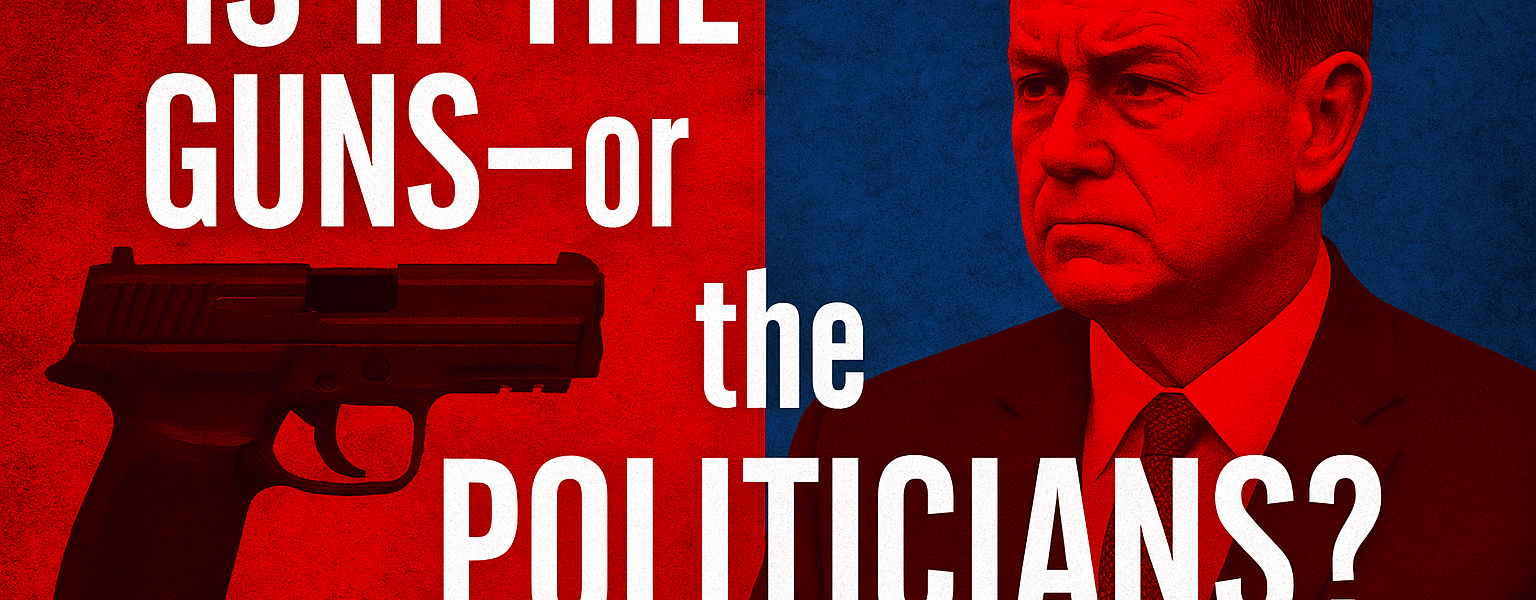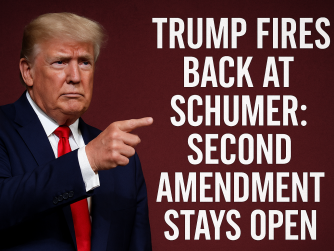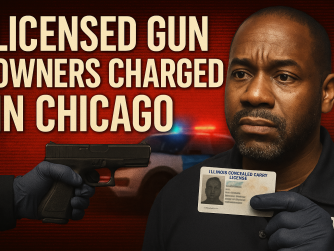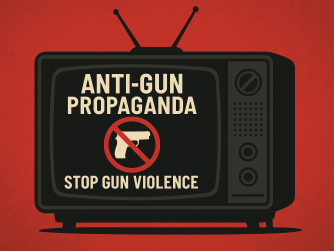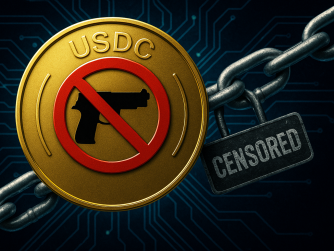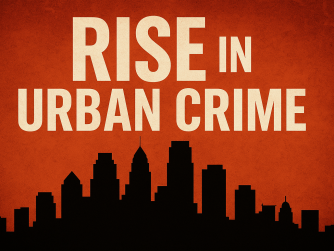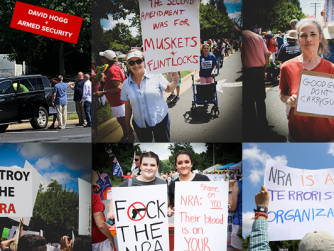Chicago, like many Democrat-run cities, has become synonymous with spiraling crime rates and political leadership unwilling to confront the reality of their failed policies. Instead of addressing the root causes—leniency toward criminals, hostility toward law enforcement, and restrictive gun laws that punish law-abiding citizens—officials continue to push the same tired narrative: the problem isn’t crime, it’s guns, poverty, or “systemic” issues.
Mayor Johnson’s Deflection
When reports surfaced that President Donald Trump might deploy the National Guard to curb Chicago’s violence, Mayor Brandon Johnson (D) responded not with concern over crime victims but with political spin. In a statement, he dismissed the idea of federal intervention and reframed the crisis as one of housing and hungry children:
“The National Guard will not alleviate the housing crisis. It will not put food in the stomachs of the 1 in 4 children that go to bed hungry every night in Chicago. The National Guard will not fully-fund our public schools or provide mental healthcare or substance abuse treatment to Chicagoans in need.”
It’s a familiar tactic: redirect responsibility away from failed city leadership and violent offenders, and instead, demand more taxpayer resources for “root causes” that never seem to be solved.
But Chicagoans aren’t buying it. Johnson’s approval rating languishes at 6.6%, with a staggering 67% of residents naming “rampant crime” as the city’s top problem. His insistence that “[w]e love one another” and that depictions of Chicago’s lawlessness are “false” is contradicted daily by crime statistics and the lived reality of his constituents.
Crime Without Consequences
Johnson has openly argued that America’s “addiction to jails and incarceration” is “racist, immoral and unholy,” and insists that criminals should not be locked up. He’s asked the federal government for help—but not more police officers, not tougher enforcement, not resources to keep criminals behind bars. Instead, his priority remains “gun violence prevention” divorced from the violent people pulling the triggers.
When pressed by MSNBC’s Joe Scarborough on whether more police officers would reduce crime, Johnson dodged five separate times before retreating to his default position: more poverty programs, more gun control, and no meaningful law enforcement.
Following the Lightfoot Playbook
This is déjà vu for Chicago. Former Mayor Lori Lightfoot similarly downplayed rampant crime during her tenure, insisting that the real issue was firearms and that the solution was federal gun control. Despite Illinois already boasting some of the most restrictive gun laws in the nation, Lightfoot’s rhetoric echoed Johnson’s: blame Washington, not City Hall. Voters didn’t buy it, and her re-election bid failed spectacularly.
Cook County’s former State’s Attorney Kim Foxx added her own radical spin, promoting “non-punitive justice.” Foxx argued for declining prosecutions, dropping felony cases, and even “absorbing some harm” for a so-called “greater good.” Meanwhile, Governor J.B. Pritzker—more interested in tweeting about the Epstein files than reducing crime—remains content to preside over a state in crisis.
The Progressive Delusion
Taken together, this is the progressive approach to crime:
-
Treat criminals as victims.
-
Dismantle incarceration and prosecution.
-
Defund or diminish law enforcement.
-
Blame guns, poverty, or Washington for the violence.
-
Demand more resources while refusing to use them for policing.
The results? A city in fear, approval ratings in freefall, and families fleeing for safer communities.
Political Fallout
Chicago’s predicament isn’t just about local governance—it’s emblematic of the Democrat Party’s broader failure. Polling shows 63% of voters now hold an unfavorable view of the party, seeing it as disconnected from the daily struggles of ordinary Americans. Instead of course-correcting, party leaders cling to the delusion that gutting the criminal justice system while pushing more gun restrictions is a winning formula.
It isn’t. And unless something changes, Democrat officials like Brandon Johnson may soon discover that voters are less willing to “absorb some harm” than they think.

